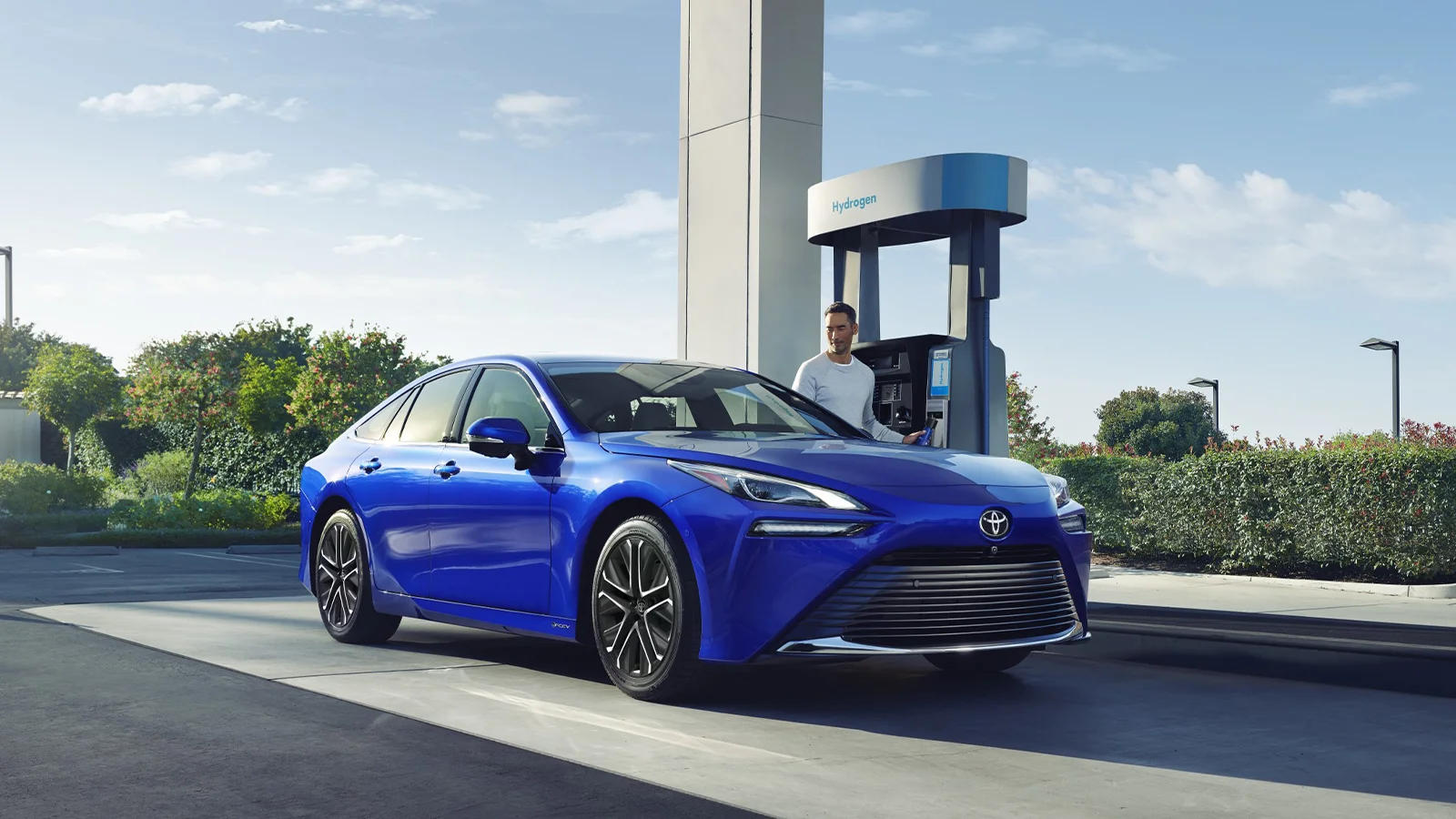Hydrogen-powered cars—once a sci-fi dream—are now rolling off production lines. But will they replace electric vehicles (EVs), or just carve out a niche? Let’s unpack where this technology stands and where it’s headed.
How Hydrogen Cars Work (And Why They’re Different)
Unlike EVs that store energy in batteries, hydrogen cars use fuel cells. Here’s the gist:
- Hydrogen gas is pumped into the car’s tank.
- The fuel cell converts hydrogen into electricity.
- The only byproduct? Water vapor—no tailpipe emissions.
Sounds perfect, right? Well, there’s a catch. Hydrogen isn’t just lying around—it’s mostly extracted from natural gas (which creates CO₂) or via electrolysis (which needs a lot of renewable energy).
The Pros and Cons of Hydrogen Cars
Advantages
- Fast refueling: 3-5 minutes vs. 30+ for EVs.
- Longer range: Some models exceed 400 miles.
- No battery degradation: Fuel cells don’t lose efficiency over time.
Challenges
- Infrastructure gaps: Fewer than 60 public hydrogen stations in the U.S. (compared to 50,000+ EV chargers).
- High costs: A Toyota Mirai costs ~$50,000, and hydrogen fuel is pricier than gasoline.
- Energy loss: Converting electricity to hydrogen and back is less efficient than direct battery use.
The Infrastructure Puzzle
Hydrogen cars won’t go mainstream without stations—and stations won’t pop up without cars. It’s a chicken-and-egg problem. But some countries are betting big:
| Country | Hydrogen Stations (2024) | Target |
| Japan | 160+ | 1,000 by 2030 |
| Germany100+ | 400 by 2025 | |
| USA | ~60 | No federal target |
Private companies are stepping in too. Shell and BP are testing hydrogen hubs, while startups like Nikola focus on heavy-duty trucks where batteries fall short.
Where Hydrogen Cars Might Win
EVs dominate passenger cars, but hydrogen could shine in:
- Long-haul trucking: Faster refueling and lighter weight than giant EV batteries.
- Aviation/shipping: Hydrogen’s energy density beats batteries for planes and ships.
- Cold climates: Unlike EV batteries, fuel cells don’t lose range in freezing temps.
The Road Ahead
Honestly, hydrogen cars won’t replace EVs overnight—if ever. But as renewable energy gets cheaper and tech improves, they could fill critical gaps. The next decade will decide whether hydrogen stays a niche player or becomes a cornerstone of zero-emission transport.
One thing’s clear: the race to ditch fossil fuels isn’t a single solution. It’s a mosaic—and hydrogen might just claim a few pieces.

